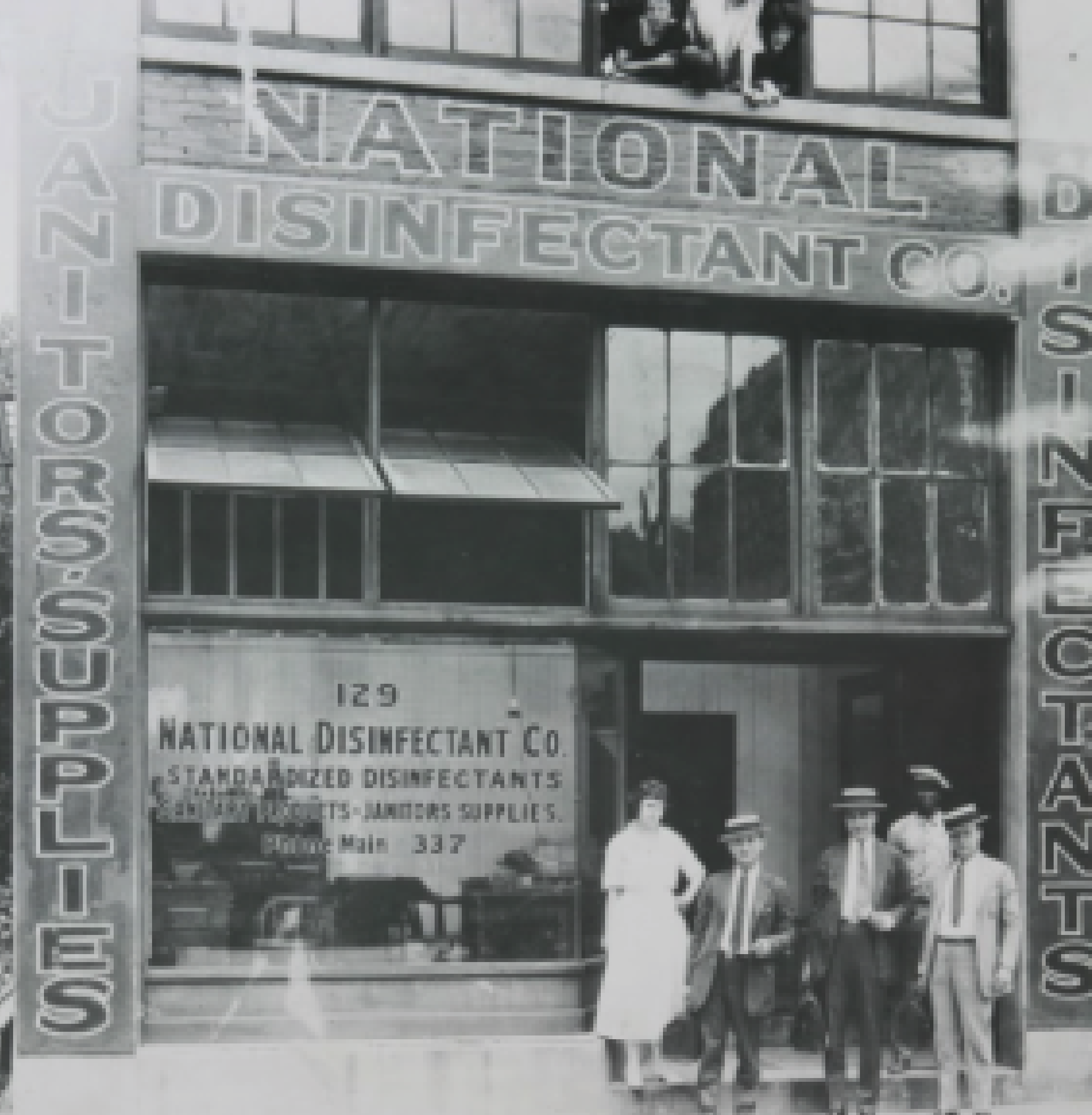NCH is now part of Solenis.
Learn more and view resources related to this important integration.
Solenis + NCH:
Forward As One NCH is now part of Solenis
NCH can save your energy, water & maintenance costs with our Chem-Aqua water treatment platform. Chem-Aqua's solutions ensure your company reduces energy and water usage, while saving operation costs.
Learn More Free ConsultNCH holds a complete range of durable, fast-working and dependable parts cleaning solutions, including water-based degreaser, torrent, super safety solvents and much more to help you achieve the ultimate cleaning systems.
Learn More Free ConsultBoost performance with industrial strength solutions from NCH Lubricants. From greases and oils to fuel additives and release agents, our lubricants eliminate downtime and protect your systems, even under extreme conditions.
Learn More Free ConsultWe complete various types of industrial maintenance solutions, including lubricants, industrial degreasers, acid descalers and biological services, all while rising to the challenges of industrial needs.
Learn More Free ConsultNCH's building maintenance offering provides air quality, heating, cooling, drains and wastewater solutions that ensure your buildings are fully functional and meet high quality industry standards.
Learn More Free ConsultNCH provides expert advice for preventative maintenance planning that reduces overall running costs of consumables and equipment.
Learn More Free ConsultNCH develop activated probiotic solutions that improve digestive health while helping customers to increase production efficiency and reduce environmental impact through innovative solutions, patented technologies, and forward-thinking research and development.
Learn More Free ConsultOur comprehensive biological wastewater treatment solutions focus on your system's mechanical, operational and chemical requirements, providing you with suitable operations and professional results every time.
Learn More Free ConsultLubricants VRR helps highlight savings in labor costs, parts replacement, and downtime for your company through the use of NCH products.
Learn More Free ConsultNCH Chem-Aqua's Sustainability Partnership Program is looking to reward companies that are wholly committed to sustainability.
Learn More Free ConsultNCH Asia Pacific
NCH Asia Pacific delivers high-performance results with industrial maintenance products, water treatment solutions, energy conservation services and much more. With over 100 years of experience, NCH holds the knowledge and expertise to deliver leading solutions to the industrial, commercial and infrastructure maintenance sectors.

8000 Associates

Over 100 years

50+ countries

Download profile
We offer dedication, innovative products and energy efficient services to our customers, making us a global leader across various sectors. One of our missions is to facilitate our customers to ensure their equipment and solutions are running at optimum condition, efficiently and at a reduced cost.
From wastewater treatment solutions to industrial maintenance products, our expertise are relied upon by worldwide businesses who experience maintenance problems that need solving with only the most revolutionary and effective products and services.
Explore NCH Asia Pacific’s specialties below and discover how our solutions could improve your business operations today.
Our eight areas of unbeatable operations, products and expertise can help you solve maintenance problems with the most revolutionary and effective products and services available.
NCH's torrent parts washer is an example of why we are the global leader in integrated surface treatment, cleaning and
Learn More Free ConsultNCH Asia Pacific offers industrial lubricants to suit numerous applications across various sectors. Read about our industrial lubricants solutions here.
Learn More Free ConsultNCH Asia Pacific completely understands the challenges that food manufacturing companies face regarding adherence to food safety legislation. We provide
Learn More Free ConsultNCH Asia Pacific offers biological wastewater treatment solutions to help businesses like yours run cost-effectively, orderly and efficiently. Read more
Learn More Free ConsultNCH Asia Pacific offers high-performing water treatment solutions to a range of industries and customers worldwide. With over 100 years
Learn More Free ConsultNCH Facilities are dedicated to helping facilities engineers and maintenance managers adapt to cost-effective energy and water reduction plans, that
Learn More Free ConsultNCH Asia Pacific delivers world-class industrial maintenance solutions, including wastewater treatment, parts cleaning, specialty maintenance and more.
Learn More Free ConsultSocial Media
Follow us on


NCH is now part of Solenis.
Learn more and view resources related to this important integration.